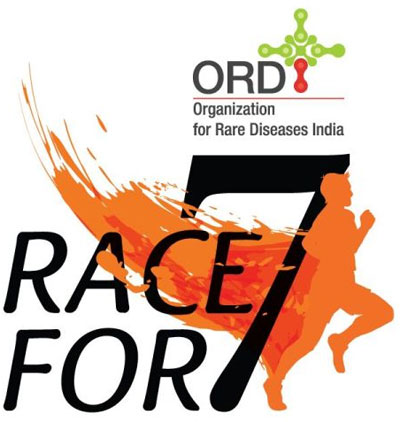Rare diseases, which are often referred to as orphan diseases, are estimated to have impacted 72-96 million people in India. The Indian government has now put a National Rare Disease Policy in place and Rs 100 crore funds have been allocated towards genetic disorders.
Under the policy, the Central government will contribute 60 percent towards spending on treatment, while state governments will have to bear the remaining 40 percent of the cost. The government’s effort to improve diagnosis and bring better treatment and care to patients is already in progress, building on existing capabilities.
Disorders such as Thalassemia, Hemophilia, Spinal Muscular Atrophy, Duchenne Muscular Dystrophy, Fragile X, Inborn Errors of Metabolism, and Lysosomal Storage Disorders are just some frequently encountered genetic disorders, informed Dr. Ratna Dua Puri, Senior Consultant, Institute of Genetics and Genomics, Sir Ganga Ram Hospital, New Delhi.
Approximately 7,000 rare diseases have been identified so far, with about 80 percent of these are genetic in origin and predominantly affect children.
Even though these diseases are rare, collectively they contribute to a significant burden and affect 06-08 percent of the population. Rare diseases impose a significant societal, medical and economic burden on patients, communities and healthcare systems.
Click here to read more.





